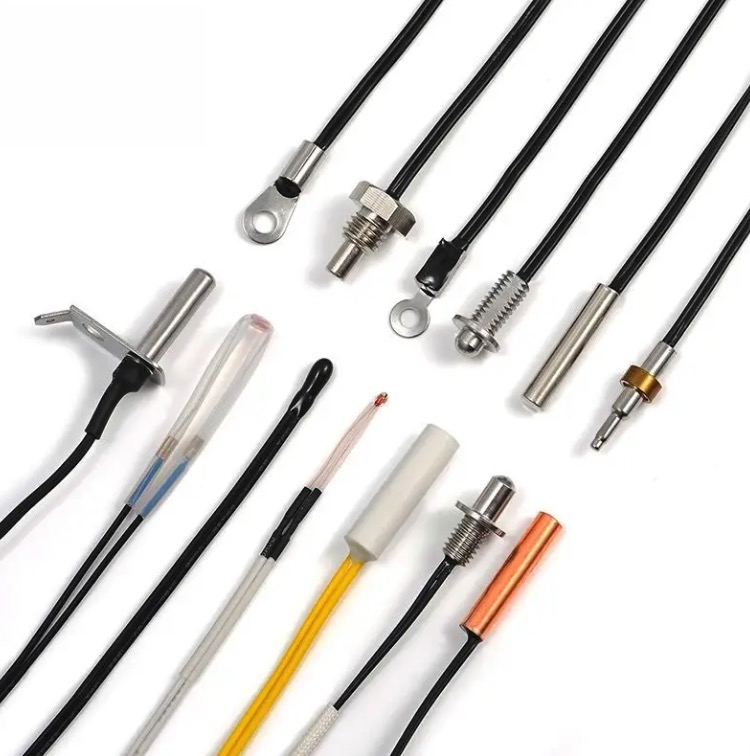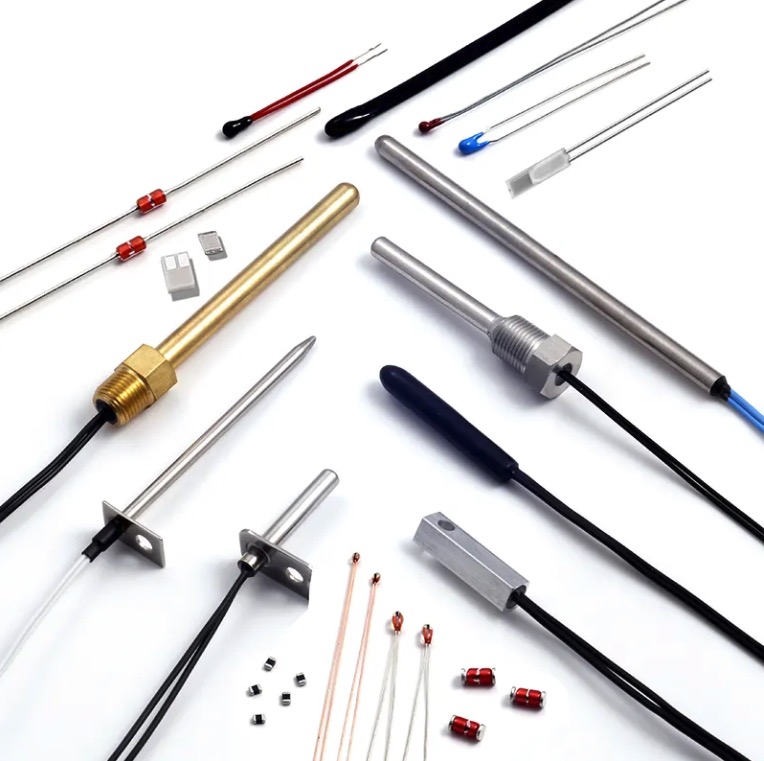NTC Thermistor Alternative – Exploring Alternatives and Benefits
Article Summary: This article explores alternative options to NTC thermistors and highlights the benefits of these alternatives. The content is divided into sections for easy navigation.
Section 1: Understanding NTC Thermistors
An NTC (Negative Temperature Coefficient) thermistor is a type of resistor that exhibits a decrease in resistance as its temperature increases. It is commonly used for temperature sensing, control, and compensation applications. While NTC thermistors are widely used, there are alternative options available that offer distinct advantages.
Section 2: Alternatives to NTC Thermistors
2. RTDs (Resistance Temperature Detectors)
1. PTC Thermistors
PTC (Positive Temperature Coefficient) thermistors exhibit an increase in resistance with increasing temperature. They are commonly used for overcurrent protection, self-regulating heaters, and temperature control systems. PTC thermistors offer advantages such as self-resetting capabilities and high current withstand capacity.
2. RTDs (Resistance Temperature Detectors)
RTDs are temperature sensors that utilize the change in electrical resistance of pure metals or metal alloys as a function of temperature. These sensors provide accurate and stable temperature measurements over a wide temperature range. RTDs are known for their high accuracy, repeatability, and long-term stability.
3. Thermocouples
Thermocouples consist of two dissimilar metal wires joined at one end called the measurement junction. They operate based on the principle of the Seebeck effect, which generates a voltage proportional to the temperature difference between the measurement junction and the reference junction. Thermocouples are widely used for their ruggedness, high-temperature measurement capabilities, and fast response times.
Section 3: Benefits of Alternatives
While NTC thermistors have their own advantages, considering alternative options can provide additional benefits:
- Increased Accuracy: RTDs and thermocouples offer higher accuracy compared to NTC thermistors.
- Broader Temperature Range: Some alternatives, such as thermocouples, can measure extremely high temperatures that might be beyond the capabilities of NTC thermistors.
- Self-Resetting Capabilities: PTC thermistors offer self-resetting capabilities, which can be advantageous in certain applications.
- Long-Term Stability: RTDs are known for their long-term stability, making them suitable for applications requiring consistent and reliable temperature measurements.
Section 4: Conclusion
In conclusion, while NTC thermistors are widely used for temperature sensing and control, exploring alternative options such as PTC thermistors, RTDs, and thermocouples can offer distinct advantages in terms of accuracy, temperature range, self-resetting capabilities, and long-term stability. Consider the specific requirements of your application to determine the most suitable alternative for your needs.




